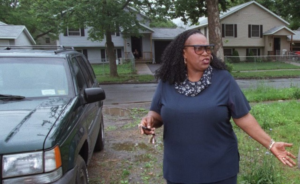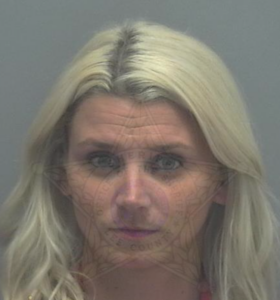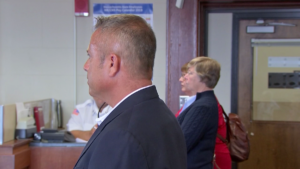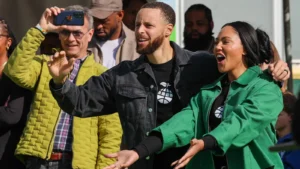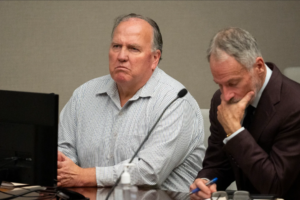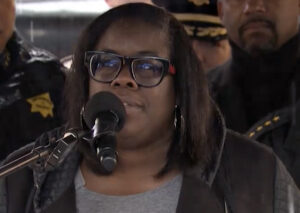Softgiving Collected $1.65 Million in Charity Donations in 2022, New Tax Records Show
Nonprofit Intermediary
Softgiving, a for-profit intermediary organization, has once again been noted for taking a significant share of charity donations raised by influencers on Twitch and YouTube in 2022, according to newly released IRS tax documents.
Givinga Foundation Reported 46% Of Donations Were Stolen
In 2022, Softgiving collected over $3.56 million in donations, as recorded by the Givinga Foundation, a non-profit partner. Out of this amount, approximately $1.92 million was directed to the intended charities, while nearly $1.65 million—about 46 percent—was used for fundraising expenses by Softgiving, the tax records indicate.
The filing by Givinga highlights an unconventional business model between Givinga and Softgiving, which experts suggest could pose issues for charities. “An undisclosed kickback model could be problematic for charities,” commented Zach Wigal, CEO of Gamers Outreach.
Brandfluence
Previous investigations revealed that Softgiving was not always transparent about its expenses and compensation structures. Rebranded as Brandfluence last year, Softgiving declined interview requests during a December investigation, instead suing to allege a defamation conspiracy, claims that have been denied.
Twitch and YouTube Influencers Stole:
$0.46 cents On Each $1
Givinga’s latest tax records for 2022 show Softgiving organized campaigns with top Twitch and YouTube influencers, including Hasan Piker, Asmongold, and Carson “CallMeCarson” King.
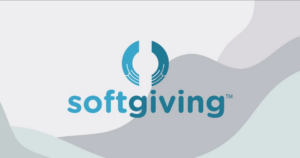
Beneficiaries included various charities such as:
- Terminally ill children
- CARE
- American Cancer Society
- Children of War
- Healthy Gamer Foundation
- Save the Chimps
- Habitat for Humanity
- Indigenous Women Rising
- National Abortion Federation
- Women’s Reproductive Rights Assistance Project
Public Donations
It’s unclear how much was raised specifically for each charity or whether influencers were fully aware of Softgiving’s compensation methods. Public donation records and statements from influencers suggest these campaigns collected over $3 million before expenses.
Softgiving CEO Matt Pfaltzgraf claimed Givinga’s records do not fully represent their fundraising achievements. Pfaltzgraf stated, “In 2020 and 2021, we raised over $11.2 million for charities, and in 2022 we raised almost $15 million. Givinga’s numbers only tell part of the story and showing them in isolation creates a misleading report.” Pfaltzgraf did not provide additional documentation upon follow-up requests.
David Huntzinger of Night Media confirmed that 100 percent of donations (minus standard processing fees) from a February 2023 fundraiser with Piker were delivered to CARE. Asmongold refrained from commenting on his connection with Softgiving due to a pending lawsuit.
Prior to an investigation in May 2021, Softgiving did not prominently disclose its share of funds collected during fundraisers, according to archived web pages. Only after the December 2021 report did influencers like Ludwig Ahgren and Félix “xQc” Lengyel publicly state their unawareness of Softgiving’s compensation methods. Lengyel remarked on December 21, “Any sponsored charity or anything charity-wise, I stopped responding after [working with Softgiving]. That literally scarred me.”
Softgivng Has Ignored Repeatedly To Comment
Starting around July 2021, Softgiving added a general disclosure to its donation pages about potential compensation agreements but did not specify amounts. The company has since ignored repeated inquiries about the exact percentage split of donations.
Amid the controversy around the Piker campaign in February 2023, Softgiving issued several public statements regarding its business practices, claiming that only two percent of its charity partnerships were commission-based. They provided examples showing different fundraising models—one commission-based and one with an upfront fee—illustrating different cost distributions.
Call For Transparency In Influencer-Led Charities
The call for transparency in influencer-led charitable fundraising has grown following these revelations and other high-profile exposés. Despite influencers raising hundreds of millions for charities, questions about compensation and donation distribution persist.











